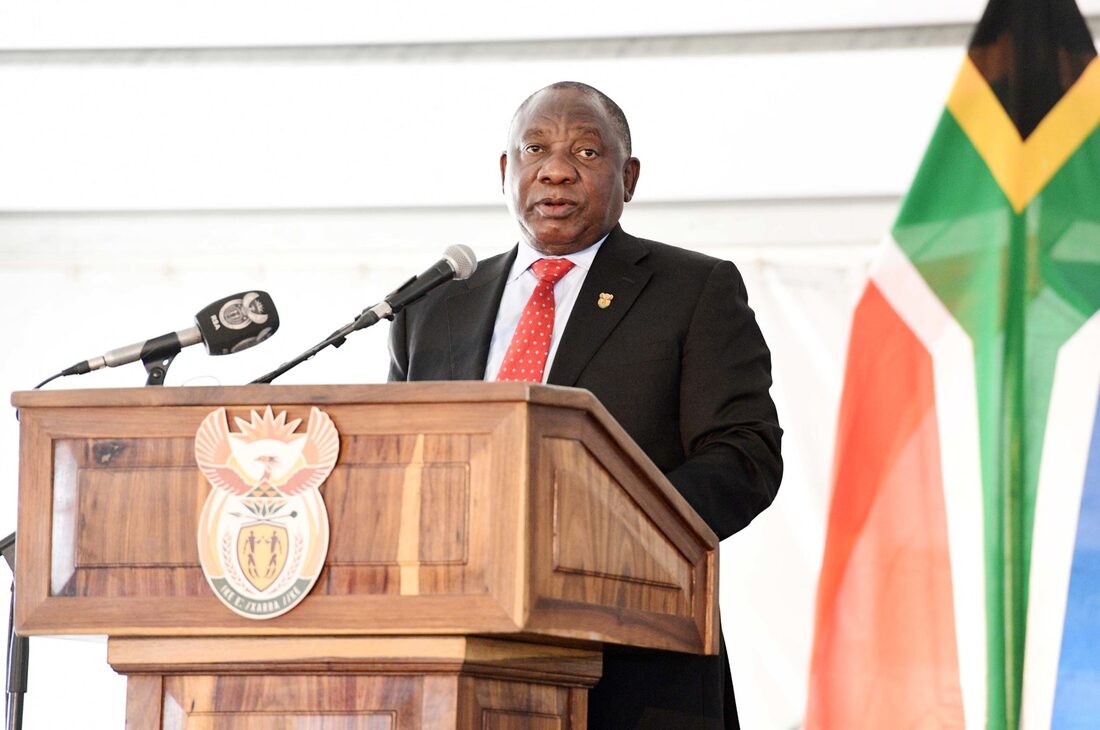James Krantz* writes beautifully how important it is for leaders to have the courage to betray
personal relationships and expectations when required. If you are the one in charge, you will
sometimes have to make decisions that will upset some of your closest allies in order to do what
is best for the team, business or country that you are leading. President Ramaphosa has started
this process, but it is clear that it will not get any easier as the realisation sets in that corruption
is systemic - meaning that it is impossible to root it out by only focusing on the individuals that
get caught out.
A radical transformation of how the ANC views itself and its place in the world is needed. If the
mindset is, “I am the leader, I fought the struggle, so I deserve power and prestige”, then
corruption will continue and the powerful will have to consolidate power and persecute any
opposition. But if the mindset is, “I am the leader, I will continue to serve and fight for the benefit
of all”, then people will start to call each other out if they betray the central philosophy.
To betray (call out, not promote, not award a tender to, retrench) an ally in service of the primary
task and ethos of the organisation is incredibly painful and difficult. To do so when the primary
task and ethos of the organisation is almost unrecognisably distorted by different and
contradicting assumptions that are rooted deeply in a traumatised past, is impossible if not done
alongside a concerted systemic effort at radically transforming the mind of the organisation.
Jean Cooper
* Krantz, James (2006). Leadership, betrayal and adaptation. Human Relations. Feb 2006; 59, 2

 RSS Feed
RSS Feed